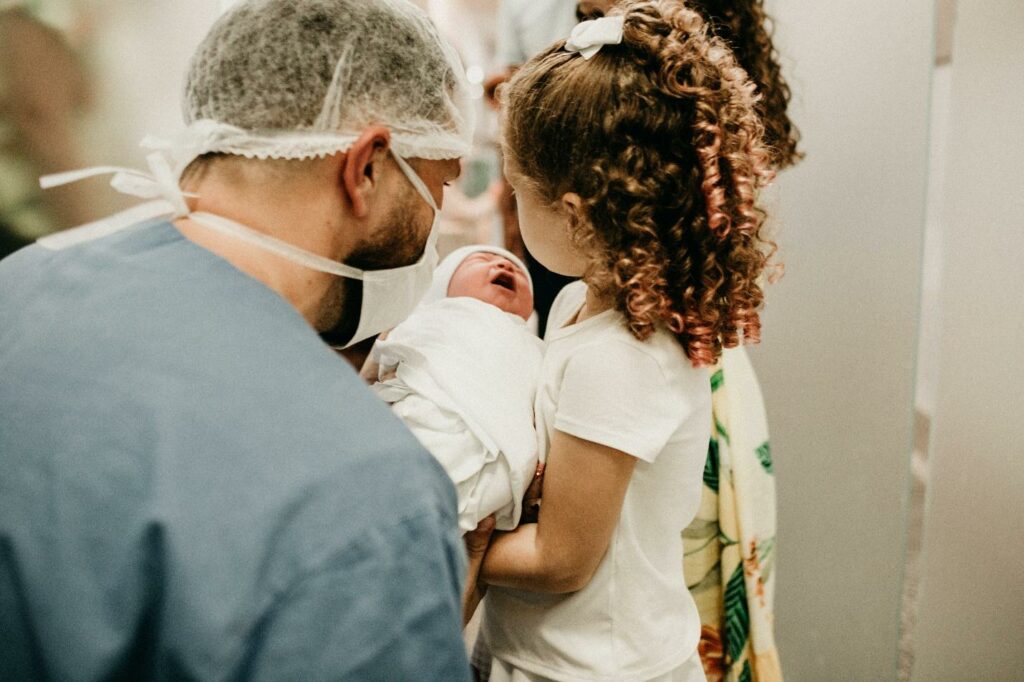
5 Ways a Birth Injury Will Impact a Child's Life
Birth injuries are injuries newborns face during birth, sometimes due to the negligent behavior of the medical staff. Some injuries are mild, and the baby recovers in a few months; others can last for years. Sometimes, the injuries cause irreparable damage, leaving the child with a medical condition for the rest of their lives.
Whether the child recovers after a few years or develops a lifelong condition, the impact of it can be far-reaching. Families can find it hard to manage their work and house while providing the child the necessary medical and emotional support. However, the child is the one that suffers the most.
This article discusses different ways a birth injury can impact a child’s life.
Medical care for a prolonged period
Birth injuries usually mean the child will require medical help or home care, depending on how their injury has affected them. A temporary injury may require some months of treatment in hospital care. Often minor injuries heal on their own with minimal care. In that case, doctors may admit the child to the hospital for observation as a precautionary measure.
Lifelong injuries, however, require home care for the rest of the patient’s life. Different therapies might also be needed, depending on the nature of the medical condition. In these cases, the medical costs incurred can put the family under financial stress, on top of the emotional stress they are already dealing with. Something that can help with that is filing a birth injury lawsuit with the help of resources like those found at childbirthinjuries.com. Bringing the medical practitioner or the liable team to justice can ease mental stress, while the compensation can help you pay for your child’s care.
Social challenges
Humans are social animals, and our social lives play a very important in our development and well-being. A child suffering from any condition resulting from a birth injury may find it hard to interact with their peers because their condition makes them stand out.
This can affect their self-confidence, further isolating them from those around them. If this is not addressed early on, they may never develop the necessary social skills required to navigate life. To help with this, parents can arrange activities for their child that present them with opportunities to meet new people.
Physical limitations
Birth injuries can also lead to physical limitations like compromised mobility, leaving the patient unable to function independently. They might have coordination issues, be unable to walk, or lack the fine motor skills required to accomplish minor daily tasks.
This requires the family to alter their home to accommodate the child. For example, if a child uses a wheelchair, the furniture in the house should be placed to allow a wheelchair to easily pass. Taking these measures can create a safe and accessible space for the child while giving them independence and freedom.
Psychological conditions
Birth injuries can lead to developmental delays in children as their brains and spines experience considerable force during birth. Any kind of difficulty during the process can contribute to added stress on the brain, which can manifest as developmental delays. This means that the child is not reaching key milestones on time and can be expected to face challenges in later life. These can lead to serious communication and behavioral issues as the child grows up.
Therapy and other options are available to help children deal with these conditions, where they can equip themselves with the necessary tools to navigate their everyday lives.
Special education
Children suffering from developmental delays due to a birth injury usually find it hard to keep up with school and often need specialized education. This can mean many different things like learning in smaller classes, employing the help of tutors and aides, and any special accommodations the child might need to study.
Early intervention and exposure to the right learning environment can help students learn efficiently, giving them a better chance at life.
Conclusion
Birth injury is a traumatic experience for a child and can lead to short-term or long-term illnesses. These may affect the child’s and their family’s life for years to come.
Newborns with birth injuries often need medical aid or home care for prolonged periods, leading to emotional and financial stress for the whole family. Some birth injuries can lead to physical disabilities that leave the child unable to live independently, in addition to psychological issues and developmental delays. Children may find it hard to socialize with peers and fit in at school. They might also be unable to keep up with their academics and require special education to equip them with the tools they need to learn. Hence, birth injuries can have far-reaching consequences for the child involved, making immediate medical and legal intervention crucial.